PowerStop Brakes
PowerStop Brake Kits, Brake Rotors, Brake Pads, Brake Calipers, Brake Hoses and More
Every brake pad PowerStop manufactures uses a carbon-fiber ceramic material, providing a dust-free, noise-free, fail-free braking experience. PowerStop engineers work to ensure everything they make is a direct bolt-on replacement for the original brakes, making it easy to upgrade any vehicles braking performance. And PowerStop tests all of their products using the “LA Traffic Test,” the same test that auto manufacturers use when designing new vehicles. PowerStop co-founder Arvin Scott has spent his entire life around cars. As a kid, Arvin would spend his summers helping run the cash register at his grandfather’s auto parts store in the outskirts of Chicago. Early on, Arvin realized that most vehicles suffer from weak brakes. With PowerStop, he set out make the brakes that should have come on every new car. Today, the goal for PowerStop is to provide top quality performance brakes for every vehicle on the road. Accesspeed is proud to offer PowerStop products to our customers. With our lowest price match guarantee, you will always find the best combination of price and selection at Accesspeed.
- Big Brake Kits
- Brake Kits
- Brake Kits with Calipers
- Brake Rotors & Drums
- Brake Pads
- Brake Shoes
- Brake Calipers
- Brake Hoses
- Brake Sensors
Brakes » Brake Pads & Pad Upgrades
Brake Pads & Pad Upgrades
When should I replace my brake pads?
- The most common indicator that your brake pads need to be replaced is persistent squeaking or squealing.
- Many newer model vehicles have a brake pad wear indicator, which triggers a light on your dash.
- On most vehicles, if your brake pad less than 0.25” (1/4-inch) thick upon inspection, it is time to replace your brake pads.
- Another indicator that you need brake pads is vibration in your brake pedal when you stop.
- If you hear a deep grinding metal sound when you apply brake pedal pressure, you probably need to get pads immediately.
Should I purchase metallic, ceramic, or organic brake pads?
Your choice of brake pad materials should be based on your specific vehicle, your braking needs, the ride you expect, and your personal driving style. If you drive a high-performance sports car, or you drive like you own one, you are best served with semi-metallic brake pads. If you drive a light duty US Domestic, Japanese, or Korean car, truck, or SUV, you may find a ceramic brake pad to be the better option. If you “drive like a grandparent” and you do not put many miles on your vehicle each year, lower-priced organic brake pads may be the best option for your driving habits. Below are details of each brake pad compound.
Organic brake pads are often made of glass, Kevlar, carbon, rubber and/or fiberglass, bonded together with extreme heat-resistant resins. Organic brake pads are often the lowest-priced option. They are quieter and reduce stress on the brake rotors. The primary complaints about organic brake pads are the large amount of black brake dust emitted, and organic brake pads tend to wear down quicker.
Metallic or Semi-Metallic brake pads have become extremely popular. Often made from a compound of iron, copper, steel, and graphite, bonded together, metallic brake pads provide good performance and transfer heat from friction. Metallic brake pads are more durable and are often used for heavier vehicles or vehicles that tow. The metallic compounds are more resistant to brake fade, and wear cleaner than organic materials. They are available in a wide range of brake pad compounds suitable for trucks and SUVs, and are more cost-efficient than ceramic brake pads. However, metallic brake pads can be noisy and tough on brake rotors, compared to organic.
Ceramic brake pads are made of stacked glass ceramic fibers, filler materials, and bits of various light metals, and held together using high-heat bonding agents. Ceramic brake pads have gained popularity among many manufacturers in recent years. Originally developed to reduce noise, heat, and brake dust often found with semi-metallic and organic pads, ceramic brake pads are quieter and cleaner, less abrasive on rotors, and often last longer than other brake pad types. The primary concern with ceramic pads can be cost, as they are the more expensive brake pad option. Another concern is that ceramic brake pads are not designed to be used on performance vehicles or heavy-duty trucks.
Should I purchase OEM or aftermarket upgraded brake pads?
Stock OEM brake pads are designed and manufactured to meet minimum specifications created by vehicle manufacturers, so you can be assured that they will operate as brake pads are intended. However, aftermarket upgraded brake pads will outperform the OEM stock brake pads, increasing stopping power and a decreasing brake fade. People who drive more aggressively or tow a trailer tend to require better braking performance, putting more demand from an OEM brake pad. Aftermarket upgraded brake pads are the perfect step in the right direction.
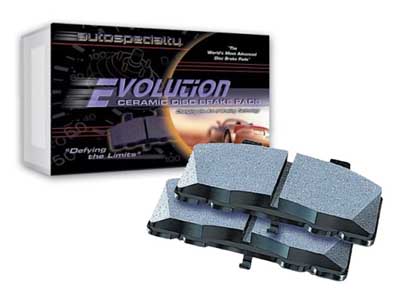
Part# PST-16-1001
$59.99 $39.95
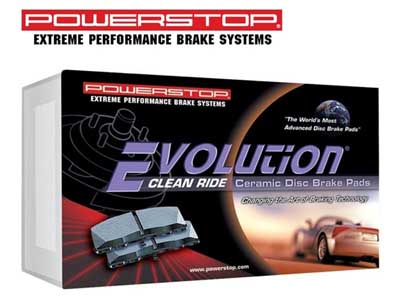
Part# PST-16-1012
$69.95 $49.99
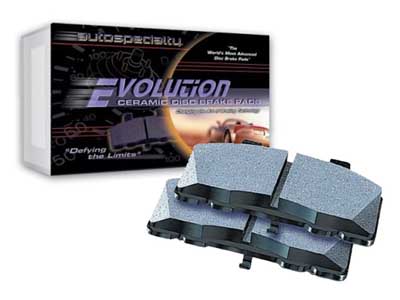
Part# PST-16-1019
$59.99 $51.95
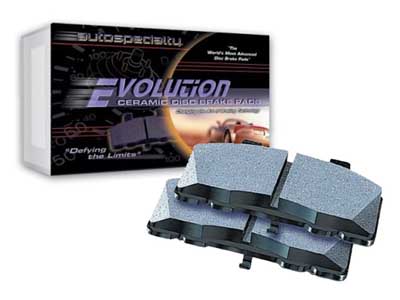
Part# PST-16-1028
$67.21 $39.95
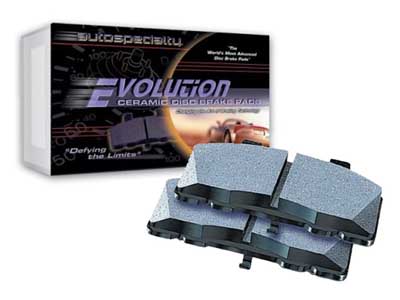
Part# PST-16-1033
$79.99 $29.95
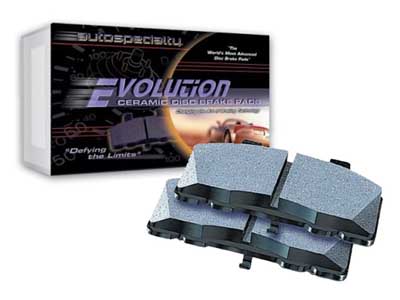
Part# PST-16-1039
$59.37 $29.99
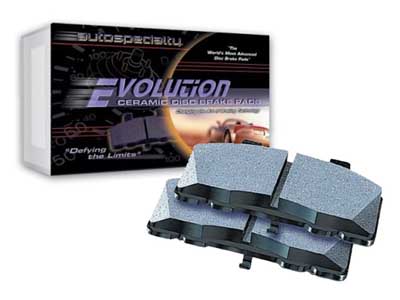
Part# PST-16-1043
$69.99 $43.95
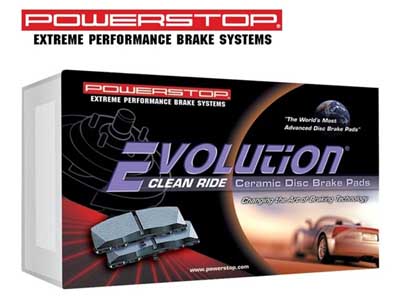
Part# PST-16-1053
$69.99 $41.95
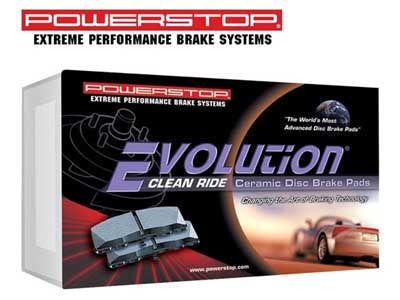
Part# PST-16-1095
$59.99 $36.95
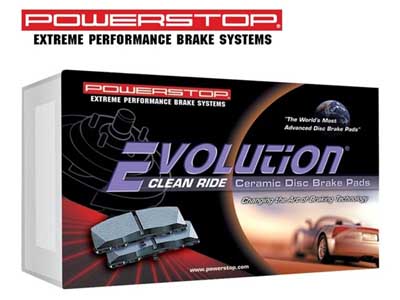
Part# PST-16-1337
$59.99 $36.95
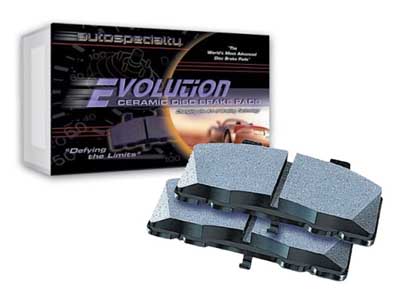
Part# PST-16-1379
$79.99 $49.95
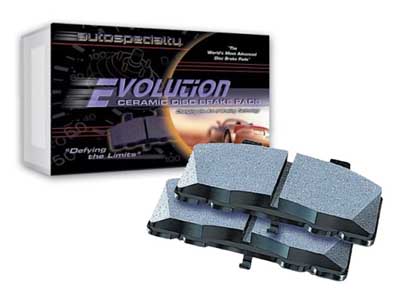
Part# PST-16-1404
$59.99 $38.95
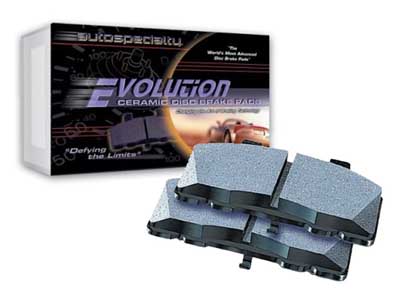
Part# PST-16-1405
$79.99 $48.99
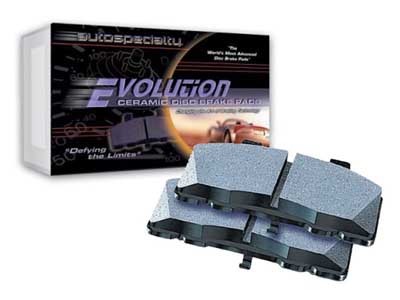
Part# PST-16-1414
$120.00 $79.99
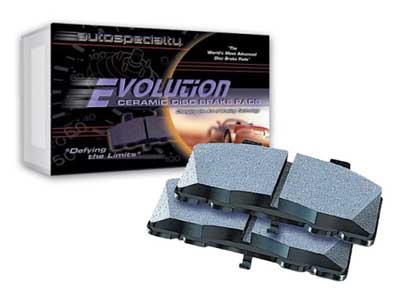
Part# PST-16-1474
$59.99 $37.95
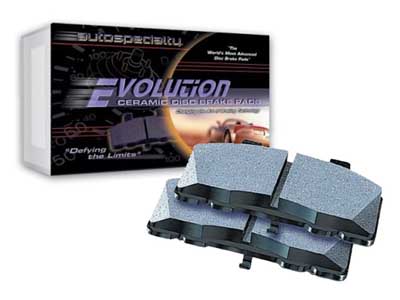
Part# PST-16-154
$59.99 $28.95
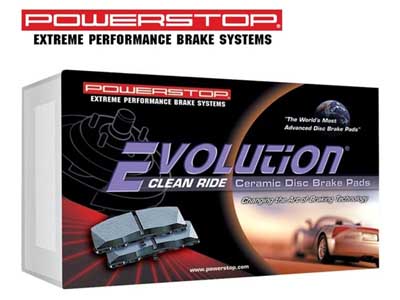
Part# PST-16-1602
$69.95 $42.99
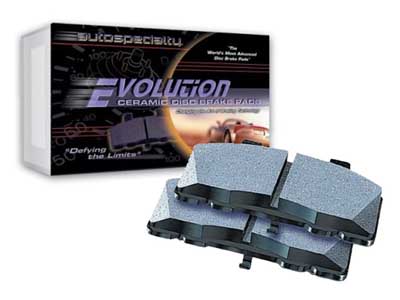
Part# PST-16-369
$59.99 $27.95
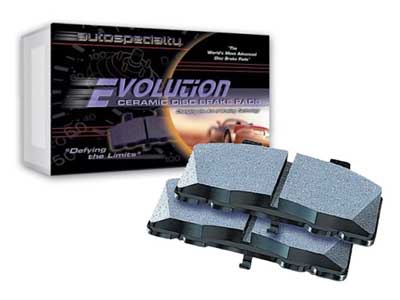
Part# PST-16-370
$59.99 $27.95
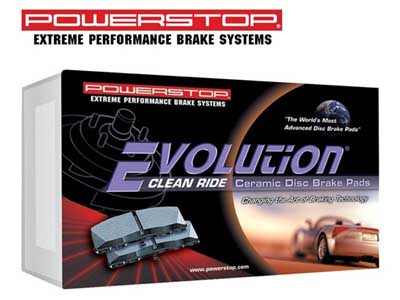
Part# PST-16-413
$69.99 $35.95
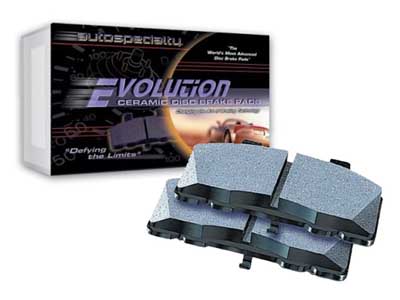
Part# PST-16-505
$59.99 $28.95
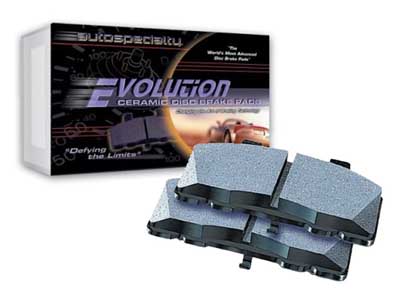
Part# PST-16-506
$59.99 $27.95
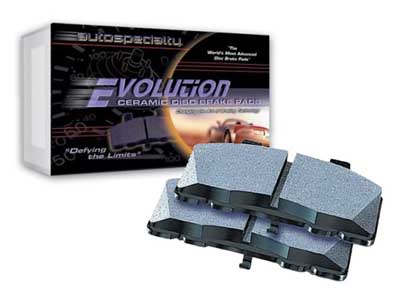
Part# PST-16-623
$59.99 $28.95
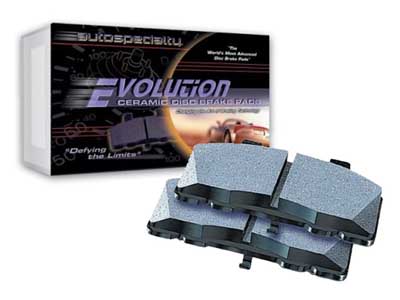
Part# PST-16-726
$69.99 $29.95
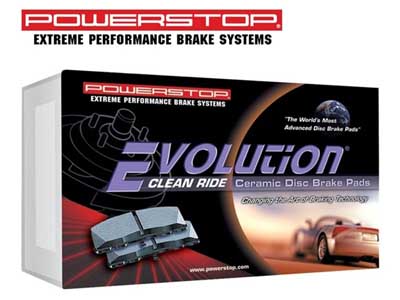
Part# PST-16-729
$59.99 $28.95
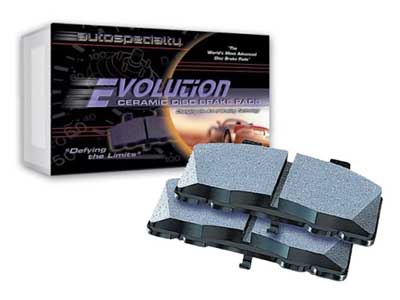
Part# PST-16-731
$69.99 $33.95
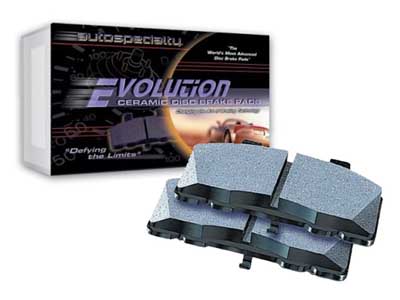
Part# PST-16-731A
$93.69 $54.95
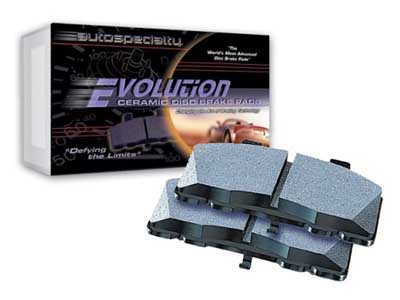
Part# PST-16-749
$69.99 $31.95
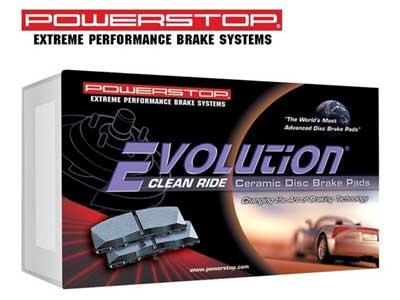
Part# PST-16-750
$89.99 $42.95
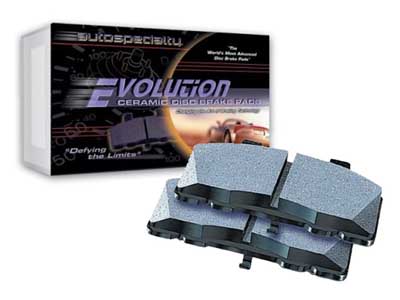
Part# PST-16-784
$59.99 $31.95
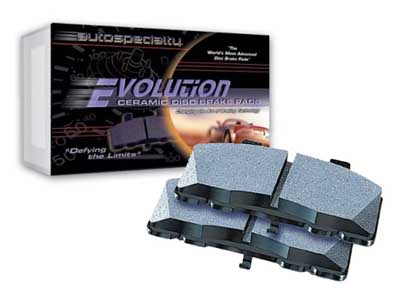
Part# PST-16-785-F
$59.99 $28.95
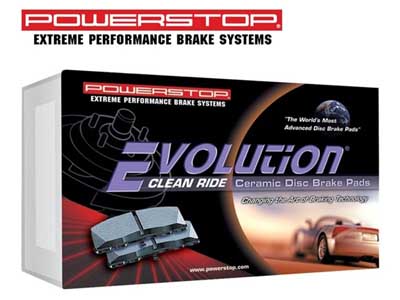
Part# PST-16-785-R
$59.99 $28.95
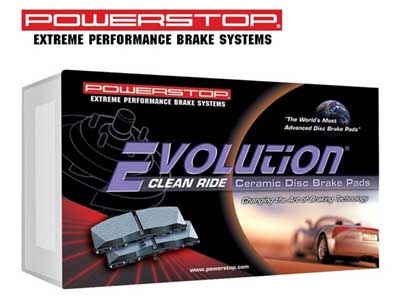
Part# PST-16-792
$59.99 $26.95
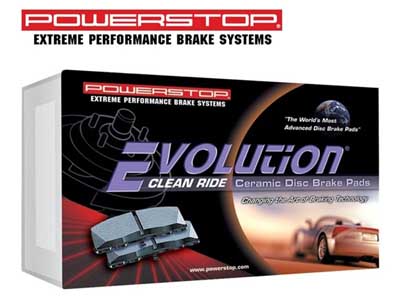
Part# PST-16-834
$59.99 $26.95
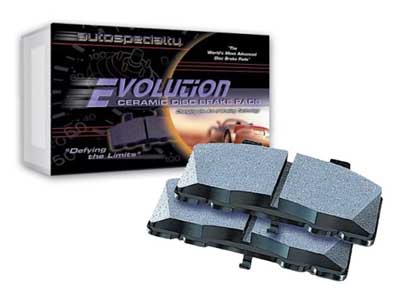
Part# PST-16-882
$59.99 $29.95
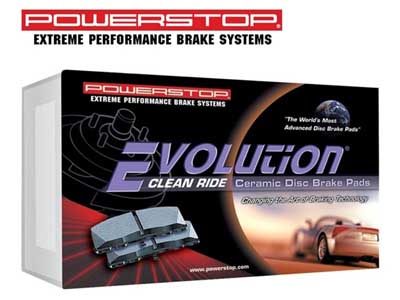
Part# PST-16-883
$51.04 $26.49
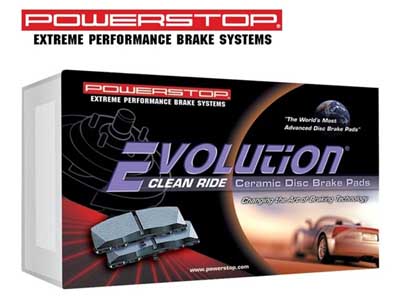
Part# PST-16-922
$69.99 $31.95
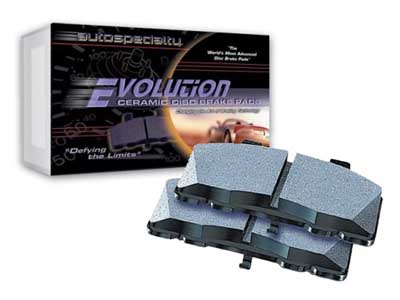
Part# PST-16-956
$69.99 $29.95
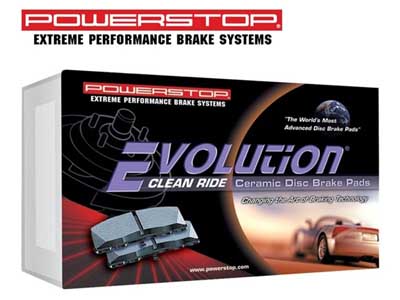
Part# PST-16-974A
$69.99 $30.95
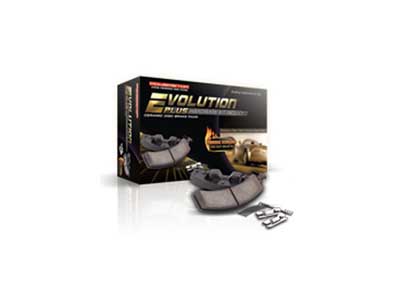
Part# PST-17-1001
$79.99 $59.95
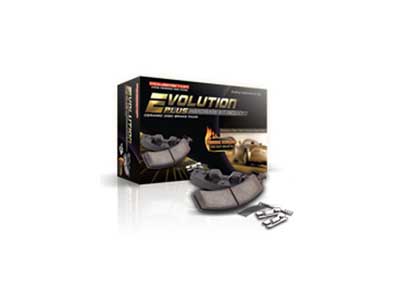
Part# PST-17-1053
$59.99 $38.95
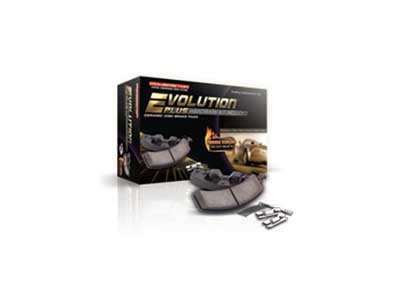
Part# PST-17-1095
$79.99 $49.95
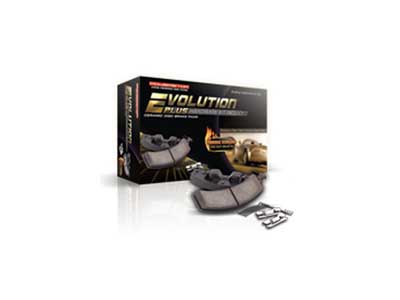
Part# PST-17-1337
$89.99 $59.95
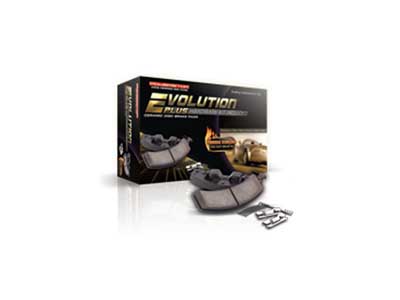
Part# PST-17-1379
$89.99 $59.95
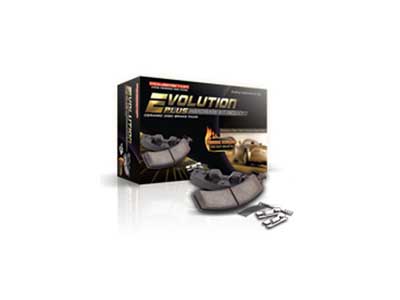
Part# PST-17-1404
$129.99 $89.95
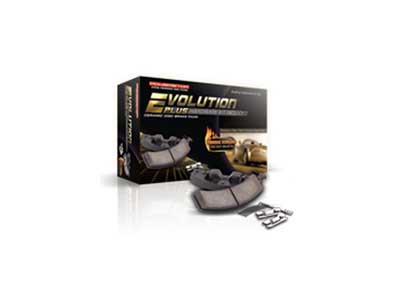
Part# PST-17-1405
$129.99 $94.95
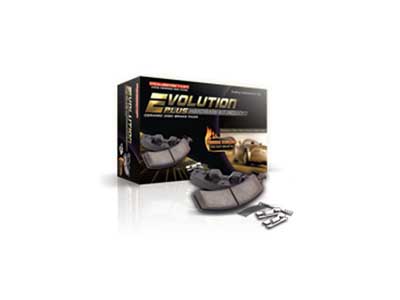
Part# PST-17-1414
$69.95 $34.99
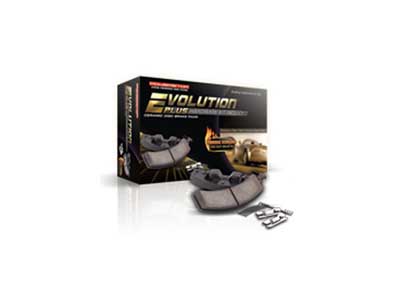
Part# PST-17-1474
$129.99 $94.95
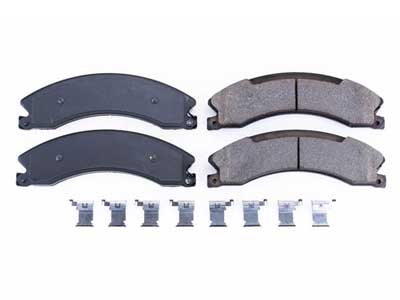
Part# PST-17-1565
$129.96 $79.95

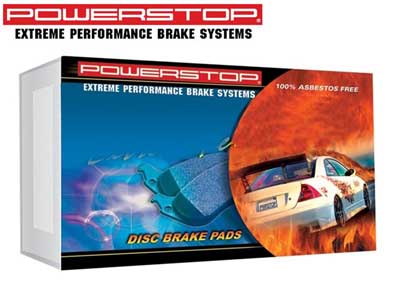
Part# PST-26-1001
$129.99 $94.95
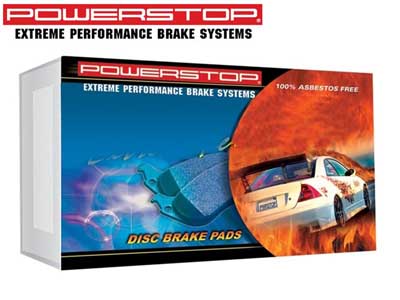
Part# PST-26-1019
$113.99 $59.95
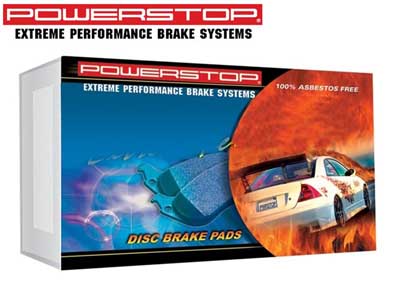
Part# PST-26-1020
$111.99 $57.95
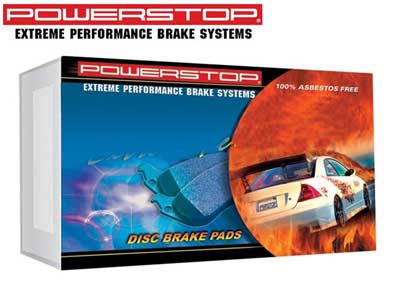
Part# PST-26-1028
$75.92 $44.95
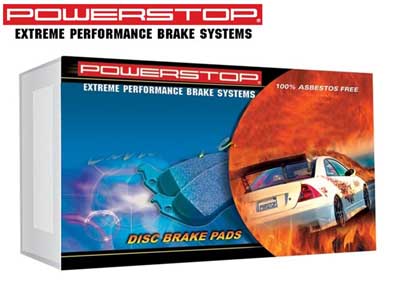
Part# PST-26-1033
$99.99 $39.95
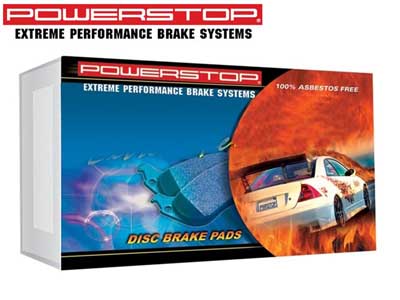
Part# PST-26-1050
$106.15 $59.95
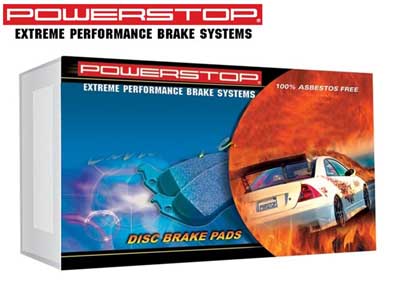
Part# PST-26-1053
$79.99 $54.95

Part# PST-26-1053
$102.15 $56.95
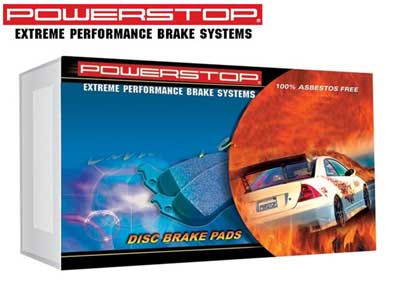
Part# PST-26-1474
$99.99 $69.95
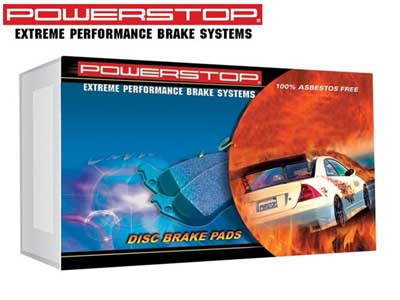
Part# PST-26-369
$99.99 $47.95
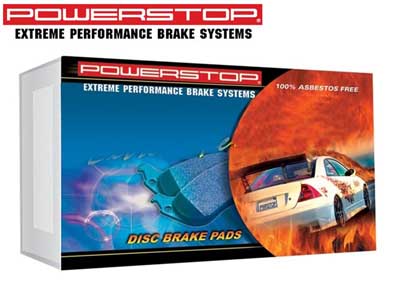
Part# PST-26-413
$129.99 $64.95
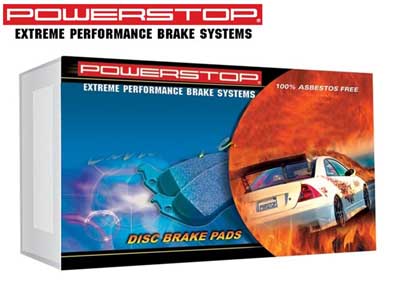
Part# PST-26-506
$89.99 $42.95
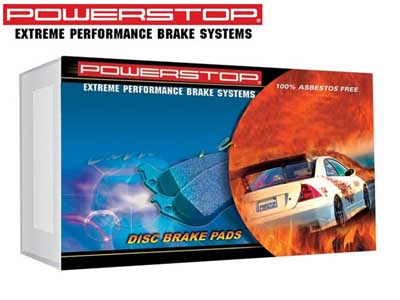
Part# PST-26-623
$89.95 $42.95
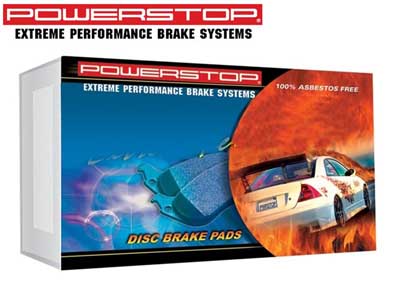
Part# PST-26-731
$109.99 $59.95
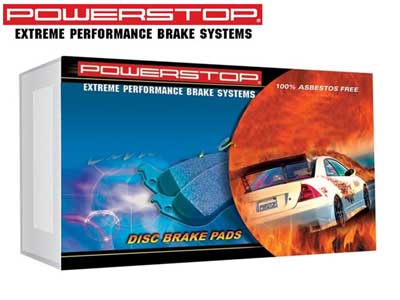
Part# PST-26-731A
$129.99 $69.95
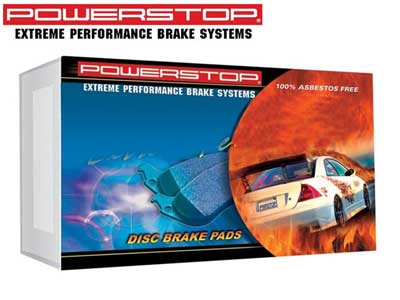
Part# PST-26-732
$99.99 $49.95
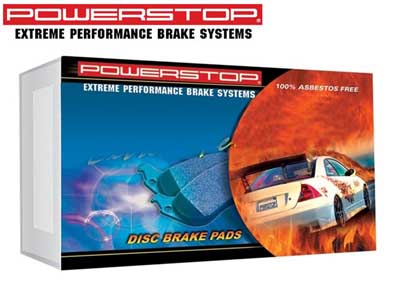
Part# PST-26-749
$99.99 $49.95
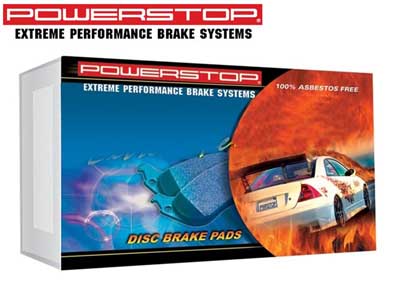
Part# PST-26-750
$99.99 $51.95
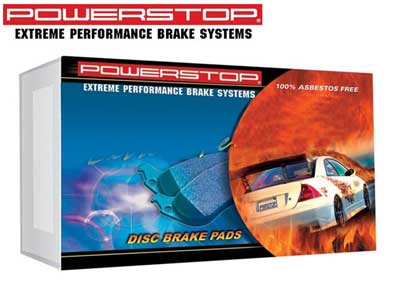
Part# PST-26-784
$119.99 $59.95
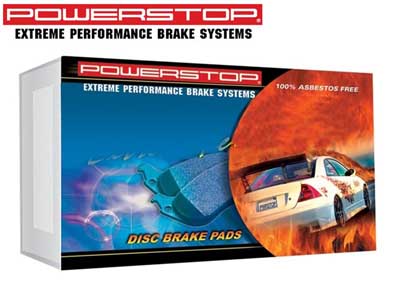
Part# PST-26-785-F
$109.99 $56.95
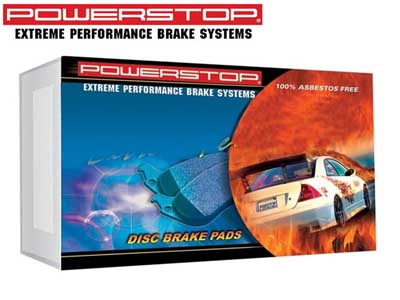
Part# PST-26-785-R
$109.99 $56.95
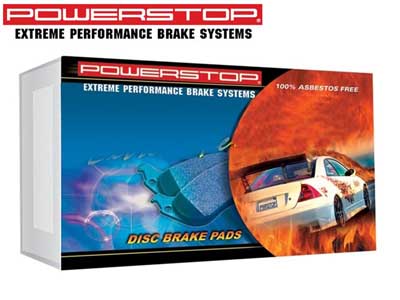
Part# PST-26-834
$99.99 $51.95
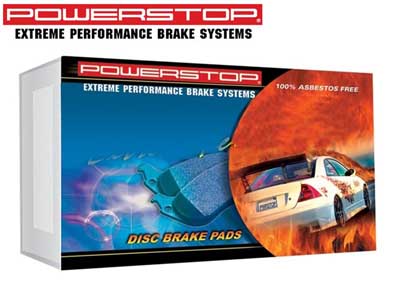
Part# PST-26-882
$105.54 $59.99
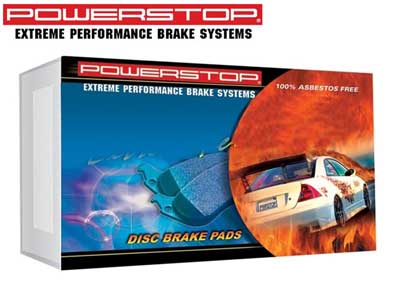
Part# PST-26-883
$111.92 $59.99
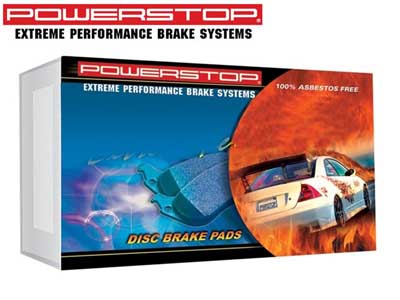
Part# PST-26-921
$113.99 $59.95
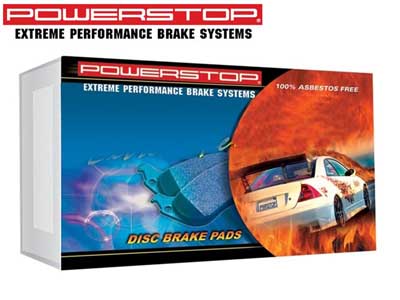
Part# PST-26-922
$111.99 $57.95
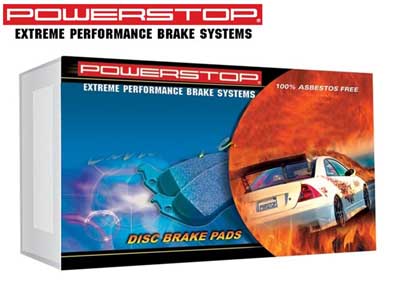
Part# PST-26-974A
$99.99 $49.95
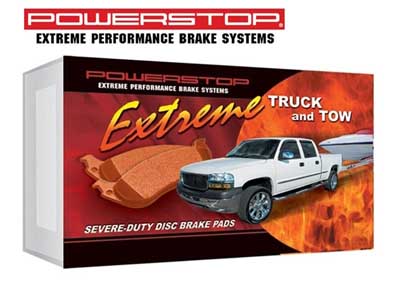
Part# PST-36-1039
$119.99 $59.95
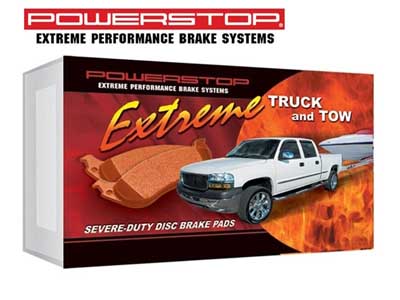
Part# PST-36-154
$99.99 $48.95
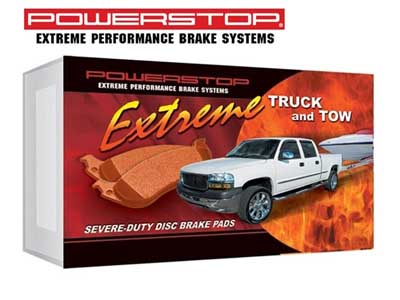
Part# PST-36-369
$109.99 $55.95
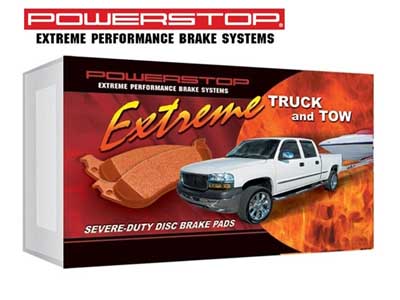
Part# PST-36-370
$94.99 $48.95
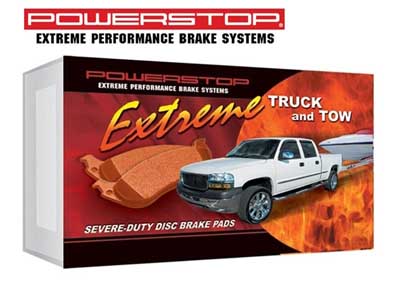
Part# PST-36-726
$99.99 $51.95
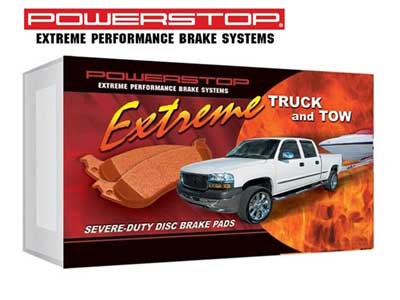
Part# PST-36-784
$122.99 $63.95
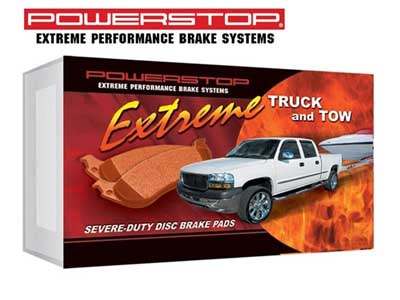
Part# PST-36-785-F
$129.99 $64.95
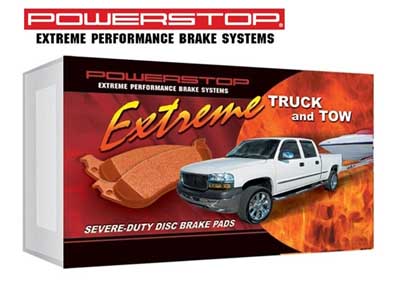
Part# PST-36-785-R
$129.99 $64.95
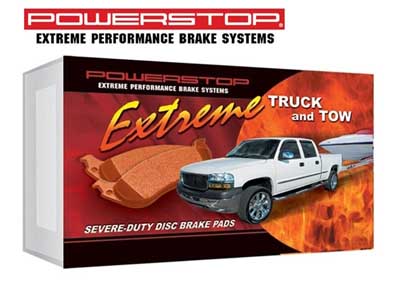
Part# PST-36-834
$112.99 $57.95
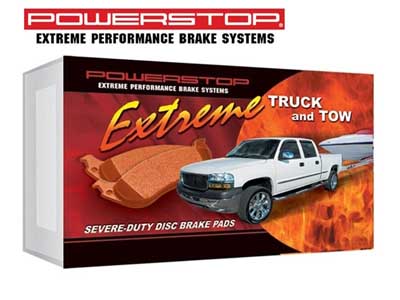
Part# PST-36-882
$117.99 $61.95
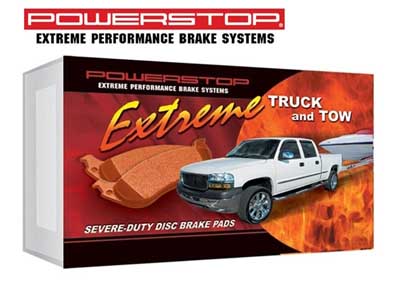
Part# PST-36-883
$119.99 $62.95
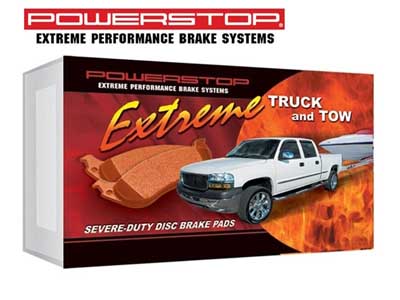
Part# PST-36-974A
$109.99 $56.95
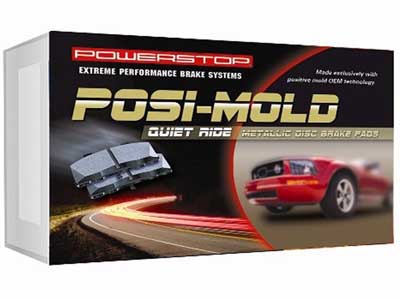
Part# PST-PM18-1053
$59.99 $32.95
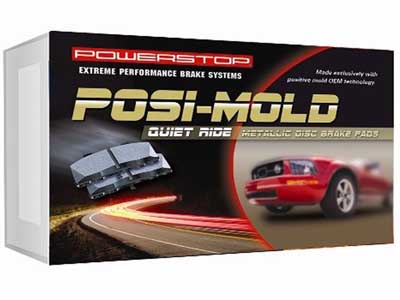
Part# PST-PM18-1095
$79.99 $44.95
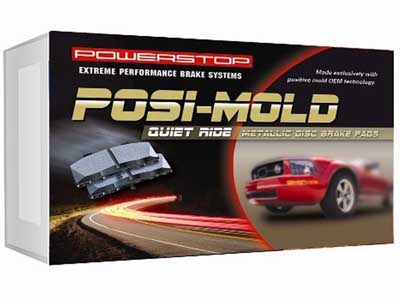
Part# PST-PM18-1414
$79.95 $59.99
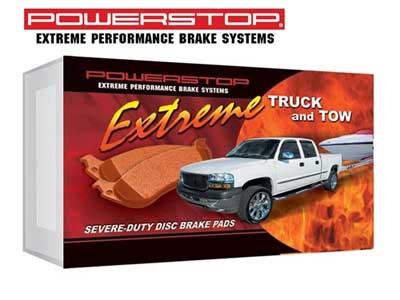
Part# PST-Z36-1012
$105.00 $75.99